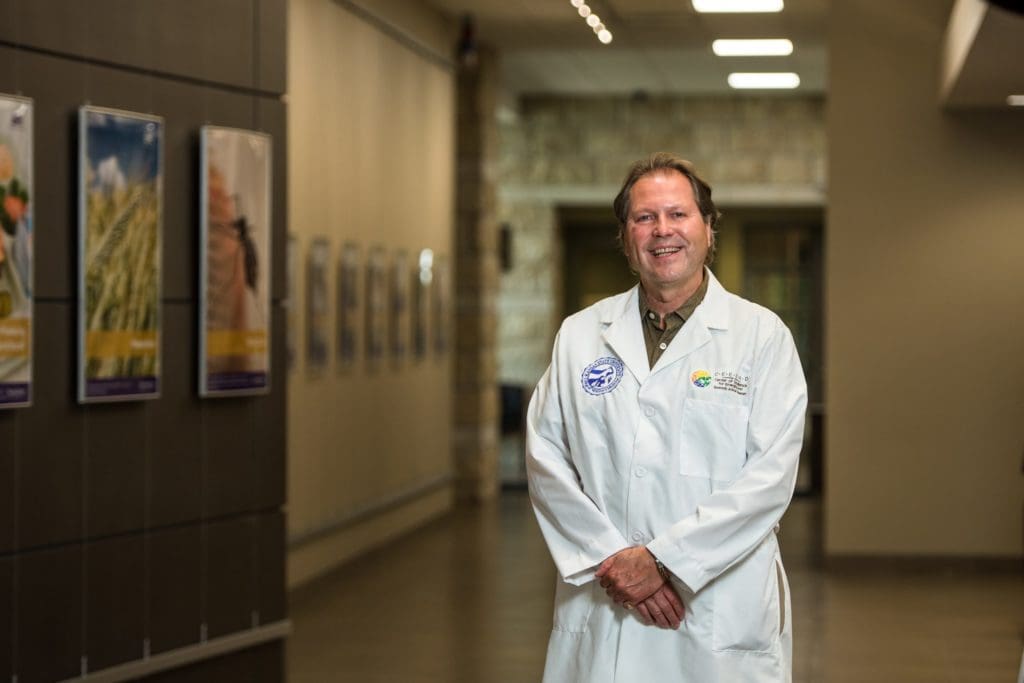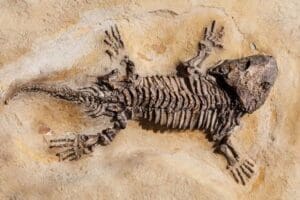Manhattan, Kan. — Testing done by Kansas State University’s Center of Excellence for Emerging and Zoonotic Animal Diseases is helping protect more than 100 mammalian species of animals in zoos around the world from SARS-CoV-2 infections.
Zoo animals are receiving the experimental vaccine developed by leading animal health company Zoetis. The U.S. Department of Agriculture authorized use of the experimental vaccine on a case-by-case basis to help protect mammals living in zoos. Zoetis has donated the vaccine to the zoos, which have been using it since summer 2021.
A team at K-State’s Center of Excellence For Emerging and Zoonotic Animal Diseases, or CEEZAD, led by Jürgen A. Richt, tested the vaccine for safety and efficacy against SARS-CoV-2 infection. Richt is director of CEEZAD and the Regents distinguished professor in the university’s College of Veterinary Medicine.
“This developmental work on a COVID-19 vaccine for animals is an important step to protect susceptible animal species against SARS CoV-2 because research has shown that SARS-CoV-2 can be a threat to segments of the pet, wildlife and zoo animal populations,” Richt said. “We know that domestic and large cats and many zoo animals are highly susceptible to SARS-CoV-2, probably acquiring the virus from their handlers.”
Zoetis initially began its work on a COVID vaccine for animals in February 2020 when the first dog was confirmed to be infected with SARS-CoV-2 in Hong Kong. Global animal health authorities have thus far determined there is no need for a COVID vaccine for household pets.
Richt said doing these studies was both a great opportunity and a serious responsibility.
“These types of vaccines can be of significant assistance in combatting the disease and the spread of the SARS-CoV-2 among susceptible animal populations, including endangered animal species,” Richt said. “Members of my laboratory were delighted to be given the opportunity to play such an important role in the evaluation of this vaccine and contribute to saving endangered animals worldwide.”
Vaccine testing at K-State took place at the university’s Biosecurity Research Institute, a biocontainment research and education facility.













